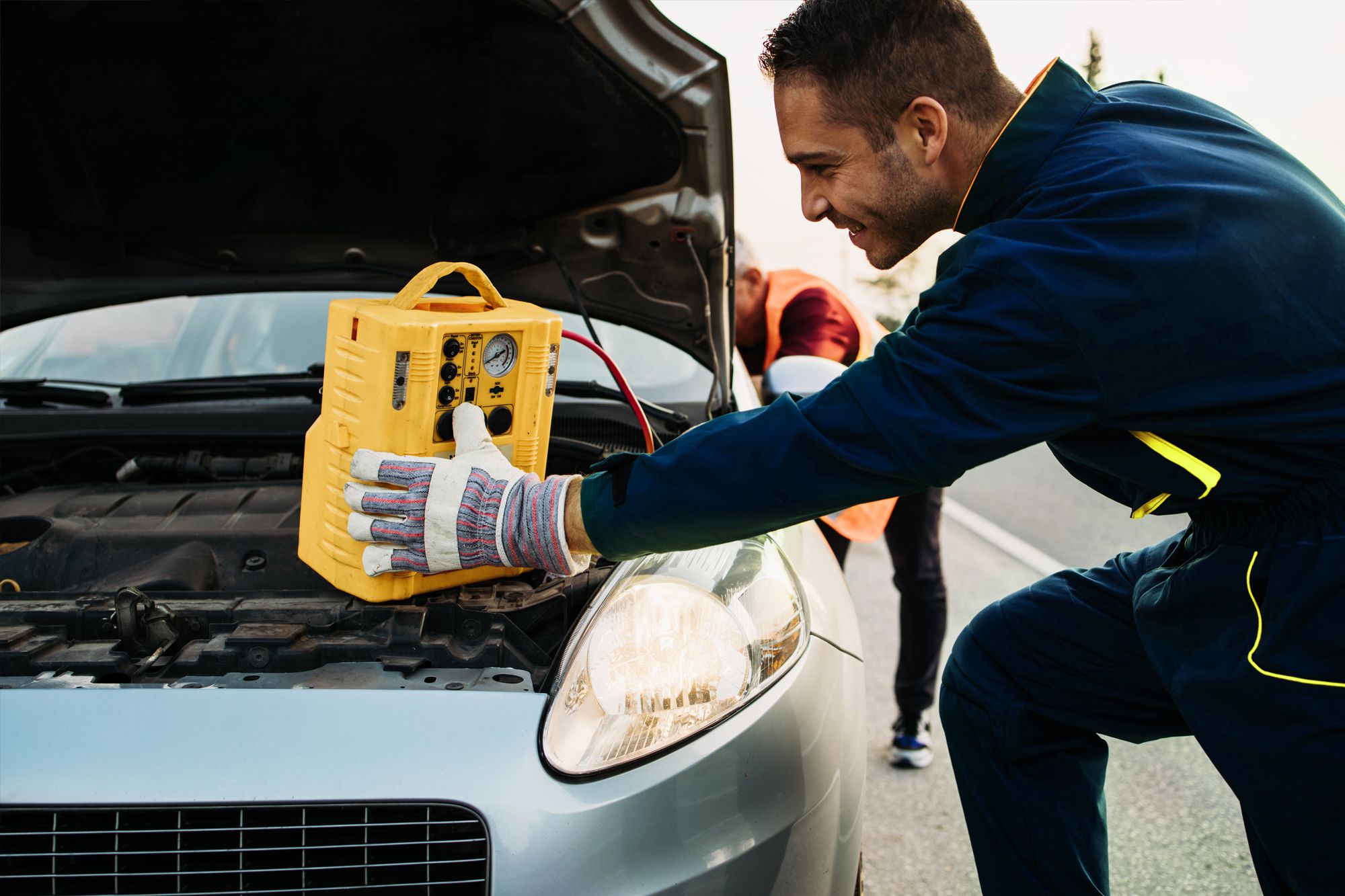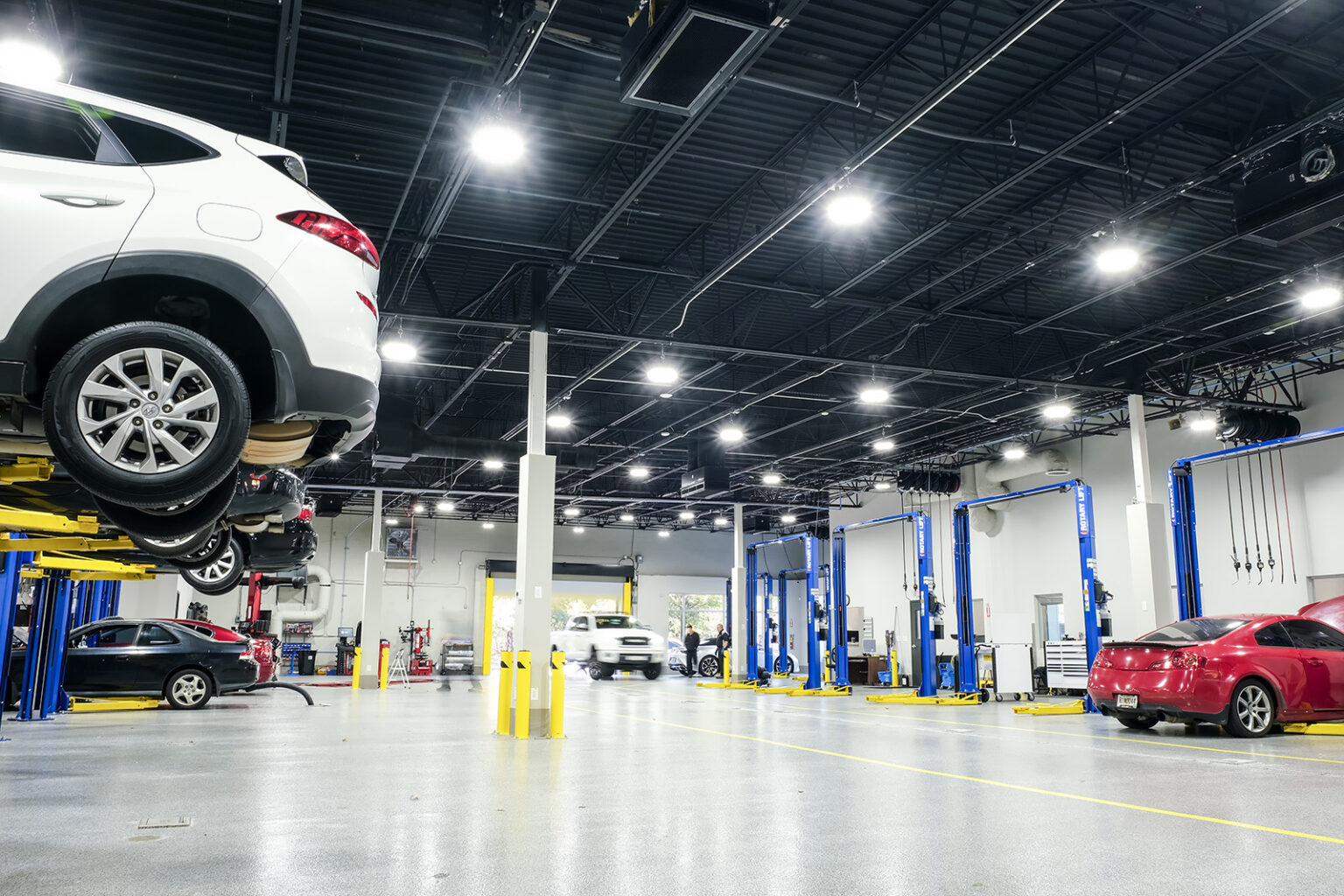All Categories
Featured

Comprehending the distinction in between regular maintenance and repair work is key to ensuring your car remains in leading condition and operates efficiently throughout its life. While both are critical for automobile upkeep, they serve various objectives. Routine maintenance is about prevention and ongoing treatment, while repair work are needed when something breaks or breakdowns. Here's an introduction of what each entails and exactly how they differ.
Routine Maintenance: Protecting Against Future Troubles. Regular maintenance entails the regular, scheduled solutions that maintain your lorry in good working order and protect against concerns from establishing. These tasks are created to ensure that all components of your car proceed to function as they need to and aid preserve the automobile's integrity. Routine upkeep is usually outlined in your cars and truck's owner guidebook, specifying when to execute certain tasks based upon mileage or time periods.

Some examples of regular maintenance consist of:
Oil Adjustments: Oil lubes the engine, guaranteeing it runs efficiently and successfully. Normal oil modifications, usually every 3,000 to 5,000 miles, assistance protect against engine wear and keep the vehicle running ideally. Tire Rotation and Balancing: Tire rotation aids level tire wear, while balancing makes certain smooth handling and improves tire longevity. This ought to be done every 6,000 to 8,000 miles. Brake Inspections: Your vehicle's stopping system needs normal checks to make certain the pads are in good problem, the fluid levels suffice, and the blades are functioning well. Liquid Checks: Watching on important liquids, including transmission fluid, coolant, brake fluid, and power guiding liquid, aids maintain the engine and other systems operating efficiently. Air Filter Replacement: The engine air filter maintains dirt and particles from getting in the engine. Changing it consistently helps keep engine efficiency and gas effectiveness. These upkeep tasks are precautionary in nature, created to prolong the life of your car and minimize the danger of failures. By doing routine maintenance, you can capture small problems prior to they intensify right into bigger, a lot more costly issues.
Services: Fixing Issues That Emerge. Repair work, on the various other hand, are required when a part of your vehicle damages or falls short down. Repair services are frequently unexpected and are required to restore the car's capability and security. Unlike regular upkeep, which is concentrated on avoidance, repairs are responsive procedures taken when something breakdowns or wears. While some fixings may be minor, others might be much more expensive and intricate.

Examples of usual repairs consist of:
Transmission Issues: Issues such as sliding equipments, difficulty changing, or odd noises may indicate a breakdown in the transmission, calling for repairs or replacement. Engine Services: If the engine is misfiring, overheating, or revealing other indicators of problem, it may need a repair service or substitute of certain components like the stimulate plugs, timing belt, or sensing units. Brake Repairs: If your brakes are squeaking, making grinding noises, or falling short to stop the automobile efficiently, you may need to change brake pads, calipers, or blades. Battery Replacement: If the auto has difficulty beginning or the battery warning light shows up, it might be time to change the battery. Suspension and Steering Repair Work: If you experience unequal tire wear, a harsh adventure, or difficulty steering, maybe an indication that the suspension system or guiding components need fixing. Fixings are usually much more pricey than routine upkeep due to the fact that they entail repairing issues that might impact the automobile's safety and security or functionality. Depending on the intensity of the issue, repair services may call for specific parts and labor.
Trick Differences Between Routine Repair And Maintenance. Function: Routine upkeep aims to stop issues and ensure that the vehicle runs successfully. Fixings are essential to deal with troubles that have already happened. Frequency: Maintenance jobs are executed on a normal routine, while repairs are required when details problems emerge suddenly. Expense: Regular maintenance is normally less costly, as it includes small checks, adjustments, and component replacements. Repair work can be much more expensive as a result of labor and components involved in fixing damaged parts. Timing: Upkeep is predictable and intended, whereas fixings take place when something goes wrong, usually resulting in even more urgent interest. The Value of Both Routine Maintenance and Fixings. While regular maintenance is essential for decreasing the need for repairs, repair services are often unavoidable. Also the best-maintained cars can experience deterioration in time. It's important to be positive with maintenance and address repair services promptly to ensure your auto stays dependable and risk-free to drive.
By remaining on top of regular upkeep tasks, you can reduce the threat of needing pricey repairs. When fixings are required, resolving them early can help stop additional damage and guarantee that your auto remains to execute at its finest.
Final thought. In summary, routine repair and maintenance are both important elements of lorry treatment. Routine maintenance aids prevent issues and guarantees your car is running smoothly, while repair services are required to fix issues that develop unexpectedly. By balancing routine maintenance with timely repair services, you can extend the life of your vehicle and take pleasure in a more secure, much more dependable driving experience.
Latest Posts
Discover Reduce Expenses on Car Maintenance with Montclare Auto Repair’s Exclusive Deals
Published en
1 min read
Explore Montclare Auto Repair’s Premier Auto Repairs and Why Drivers Rely On Them
Published en
1 min read
Full Circle Strategic Marketing's Comprehensive Approach to Market Solutions
Published en
1 min read
More
Latest Posts
Discover Reduce Expenses on Car Maintenance with Montclare Auto Repair’s Exclusive Deals
Published May 29, 25
1 min read
Explore Montclare Auto Repair’s Premier Auto Repairs and Why Drivers Rely On Them
Published May 22, 25
1 min read
Full Circle Strategic Marketing's Comprehensive Approach to Market Solutions
Published May 20, 25
1 min read